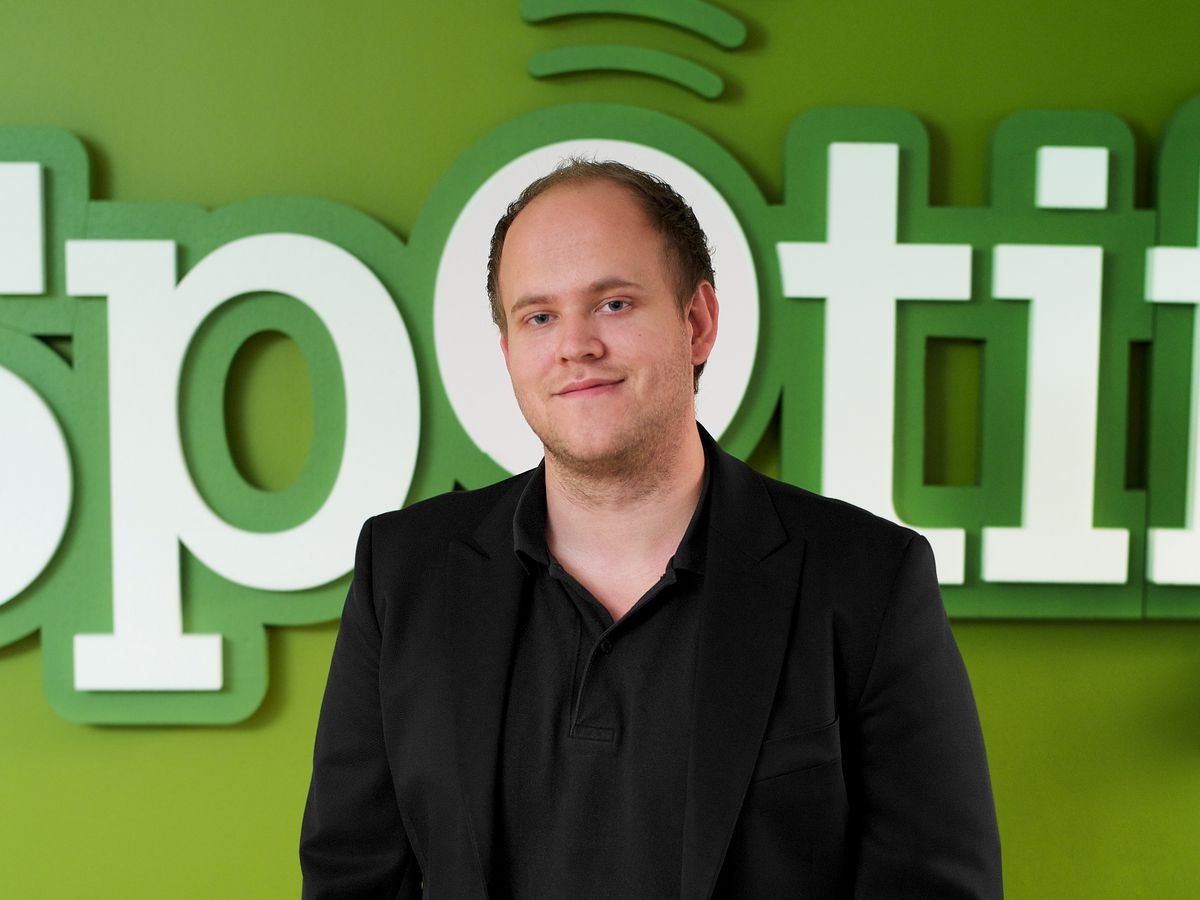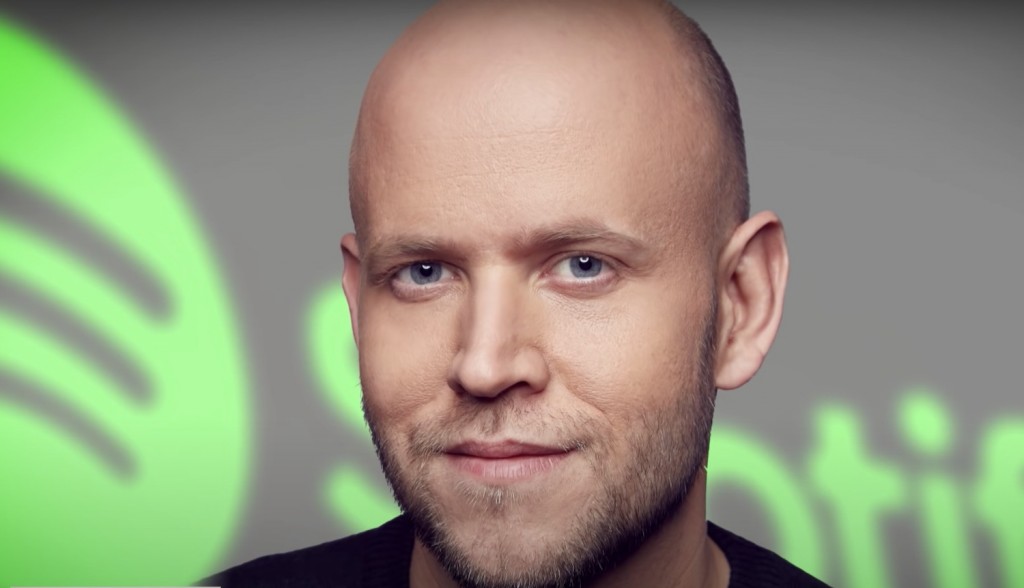

Even though he was leading Expedia, Khosrowshahi felt that steering Uber, one of the most influential, fastest-growing businesses at the time, through its woes, allowed him to have an “outsized influence” on the world.

He said that the conversation with Ek was a “special moment” that made Khosrowshahi reconsider what he wanted from his career. Then, “Daniel looked at me with his cold, Scandinavian eyes and said, ‘You know Dara, since when is life about being happy? It’s about having impact. Khosrowshahi admitted that he was on the fence about joining Uber because he was happy at Expedia. The pair were catching up over cocktails at an investor conference when one asked if Uber had called him yet, revealing that it had recommended Khosrowshahi for the CEO gig. But since Daniel is the main character and most people won’t know how much of a fiction this portrait is, this is what I hate most about the show.That friend was Daniel Ek, the founder and CEO of Spotify. The show’s director admits in an interview that Daniel is one of the characters they really “twisted” to create drama, he acknowledges that they don’t know much about the “enigmatic” founder, and he says he believes Daniel is “a lot nicer in reality”. This is the absolute opposite to the Daniel I got to know when working at Spotify 2011-2017. He comes across as unreasonable in his demands to the coders, he’s described more or less as a dictator-leader who’s not listening to others, and as someone who is willing to sacrifice close relationships for success. The most painful misrepresentation is how Daniel Ek, co-founder and CEO, is depicted. Well, there is one bad thing where I just can’t write it off as “artistic liberties”, so let’s get that out of the way. However, I’m not going to bore you with all the things I think they got wrong, but rather bring up a few things I think they got right and where I believe there are lessons to be learned. It’s hard for me to review it objectively and even though it’s fiction it’s hard to not compare it with your own version of how things went down.

With my background at Spotify, having worked with many of the people portrayed in the show, I simply had to binge watch it as soon as it was out. A pretty cute solution to further reinforce the fictional aspect of the show.

The show’s six episodes are all told from the perspective of different people involved in Spotify’s origin “The Vision” from co-founder and CEO Daniel Ek’s perspective, “The Partner” from co-founder Martin Lorentzon’s perspective, “The Artist” from the (made up) artist Bobbie T’s perspective, and so on.


 0 kommentar(er)
0 kommentar(er)
